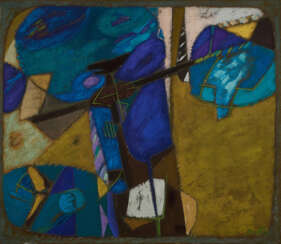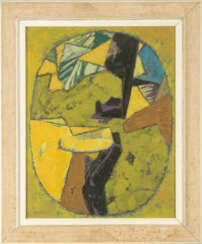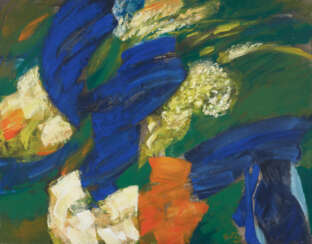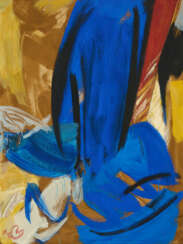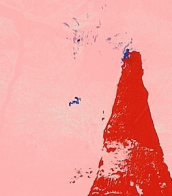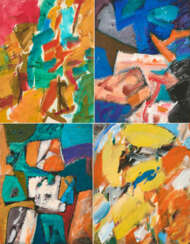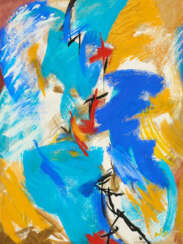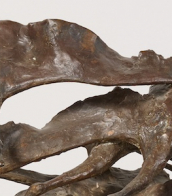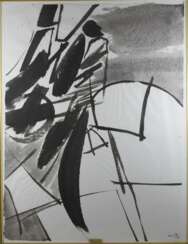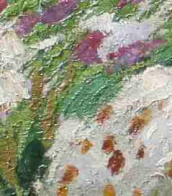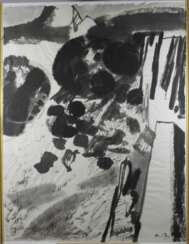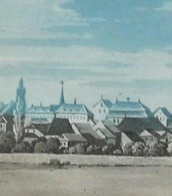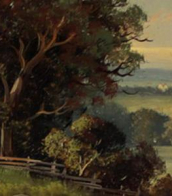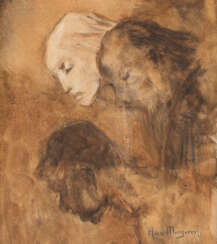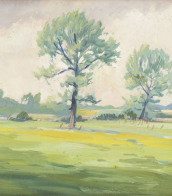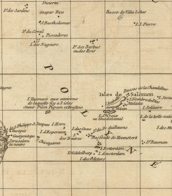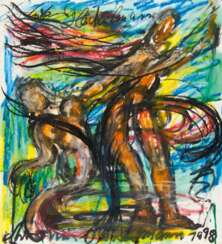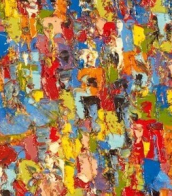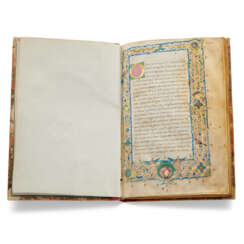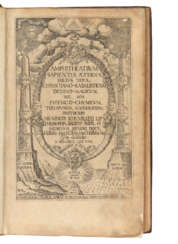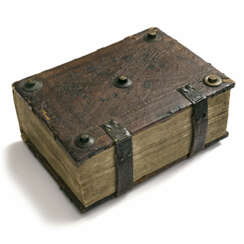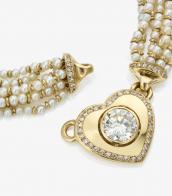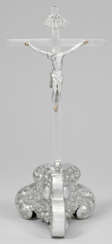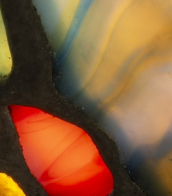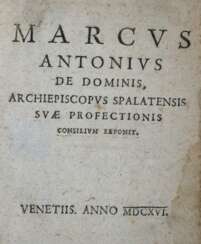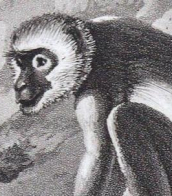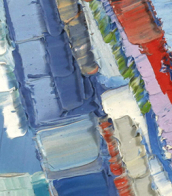antonius van der pas
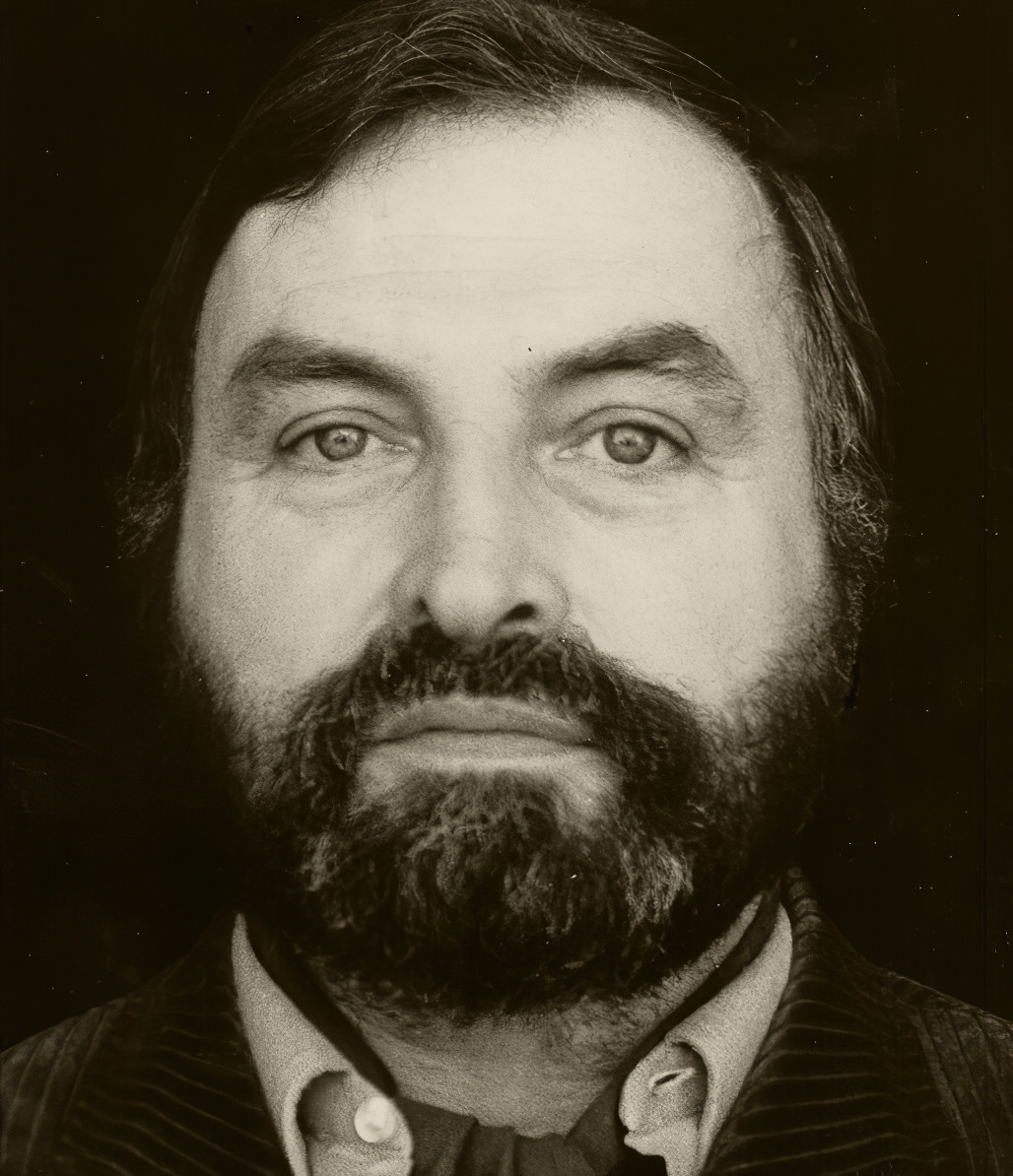
Antonius van der Pas was a German artist of Dutch origin.
Antonius van der Pas was trained as a commercial artist and worked, amongst other things, in the print shop of the Düsseldorf Henkel Company. After the Second World War he entered the Academy of Fine Arts in Düsseldorf where he studied with Wilhelm Schmurr, Werner Heuser and Otto Coester.
In 1949 Antonius van der Paz went to Paris to study, where he met Georges Braque, Pierre Bonnard and Pablo Picasso, influential artists of the time. In 1950 he went to Spain to study, and from 1952-1953 he spent a long time in Granada.
In the 1970s, 1980s and 1990s he travelled extensively around the world, taking part in numerous exhibitions.
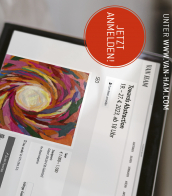

Antonius van der Pas was a German artist of Dutch origin.
Antonius van der Pas was trained as a commercial artist and worked, amongst other things, in the print shop of the Düsseldorf Henkel Company. After the Second World War he entered the Academy of Fine Arts in Düsseldorf where he studied with Wilhelm Schmurr, Werner Heuser and Otto Coester.
In 1949 Antonius van der Paz went to Paris to study, where he met Georges Braque, Pierre Bonnard and Pablo Picasso, influential artists of the time. In 1950 he went to Spain to study, and from 1952-1953 he spent a long time in Granada.
In the 1970s, 1980s and 1990s he travelled extensively around the world, taking part in numerous exhibitions.
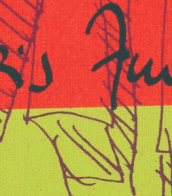
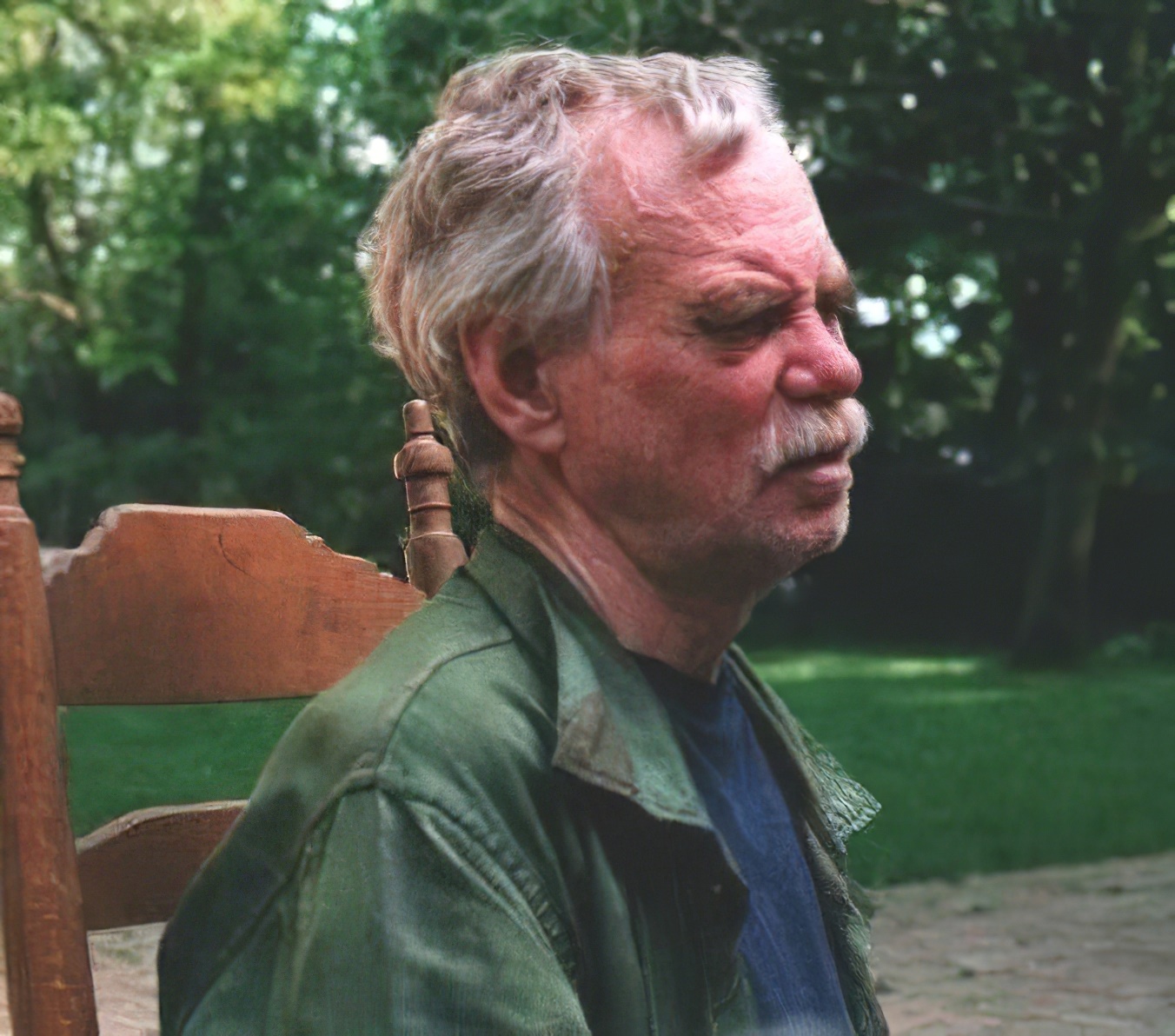
Antonius Höckelmann is a German painter and sculptor educated at the Academy of Fine Arts in Berlin.
Sculpture and painting are intertwined in Höckelmann's work. Wooden, plastic, bronze and even straw figures were painted by the artist, giving them a new sound.
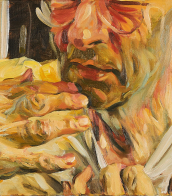
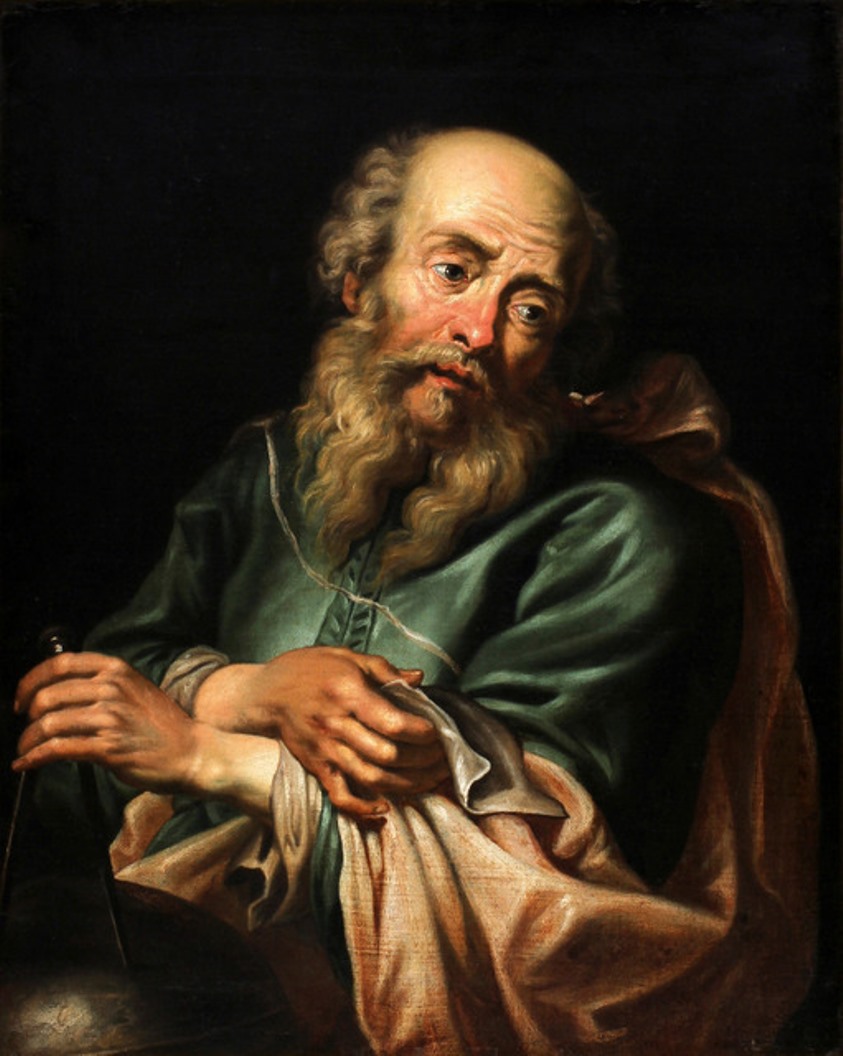
Galileo Galilei was an Italian naturalist, physicist, mechanic, astronomer, philosopher, and mathematician.
Using his own improved telescopes, Galileo Galilei observed the movements of the Moon, Earth's satellites, and the stars, making several breakthrough discoveries in astronomy. He was the first to see craters on the Moon, discovered sunspots and the rings of Saturn, and traced the phases of Venus. Galileo was a consistent and convinced supporter of the teachings of Copernicus and the heliocentric system of the world, for which he was subjected to the trial of the Inquisition.
Galileo is considered the founder of experimental and theoretical physics. He is also one of the founders of the principle of relativity in classical mechanics. Overall, the scientist had such a significant impact on the science of his time that he cannot be overemphasized.

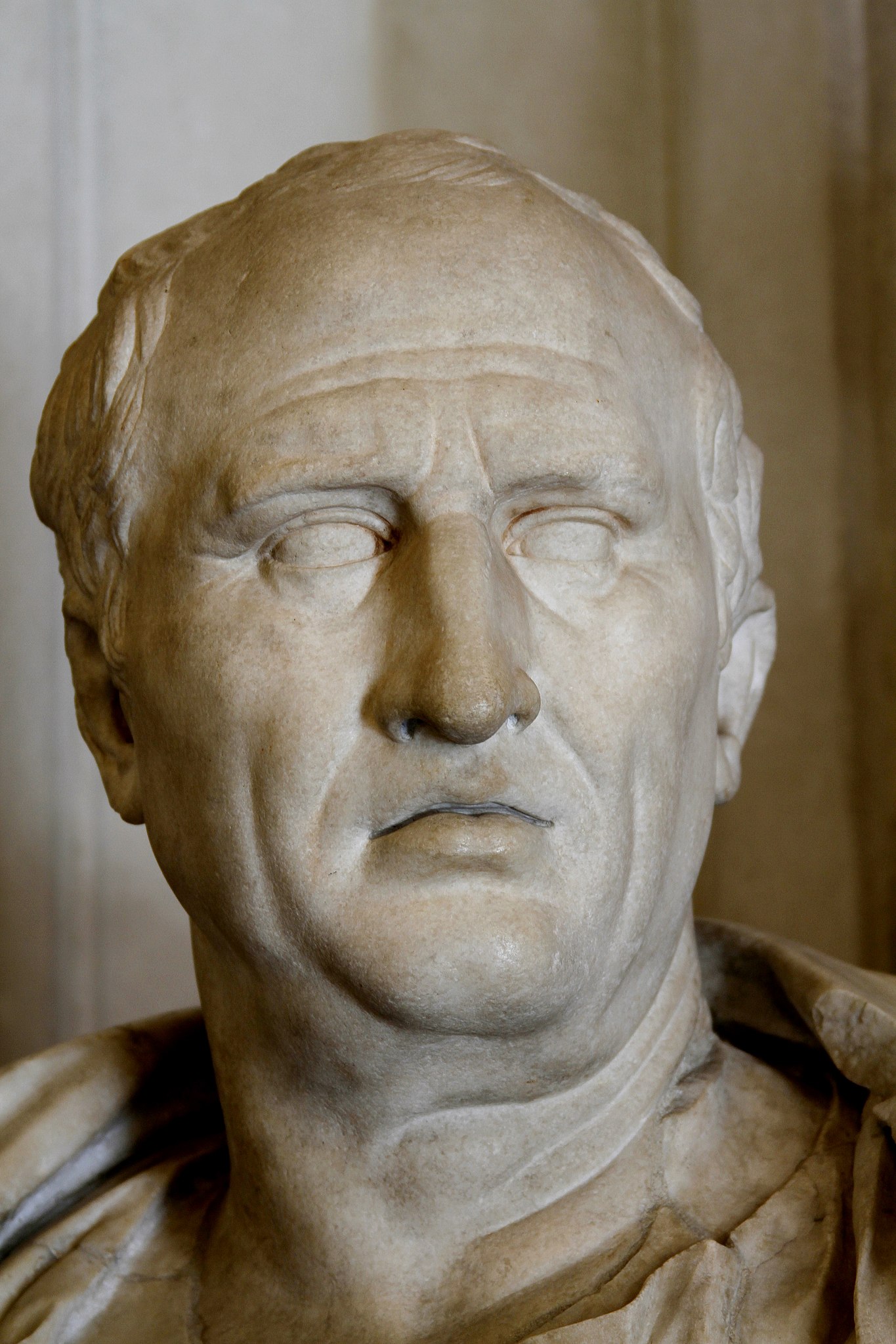
Marcus Tullius Cicero was a Roman statesman, lawyer, scholar, philosopher, and academic skeptic, who tried to uphold optimate principles during the political crises that led to the establishment of the Roman Empire. His extensive writings include treatises on rhetoric, philosophy and politics. He is considered one of Rome's greatest orators and prose stylists. He came from a wealthy municipal family of the Roman equestrian order, and served as consul in 63 BC.
His influence on the Latin language was immense. He wrote more than three-quarters of extant Latin literature that is known to have existed in his lifetime, and it has been said that subsequent prose was either a reaction against or a return to his style, not only in Latin but in European languages up to the 19th century. Cicero introduced into Latin the arguments of the chief schools of Hellenistic philosophy and created a Latin philosophical vocabulary with neologisms such as evidentia, humanitas, qualitas, quantitas, and essentia, distinguishing himself as a translator and philosopher.

